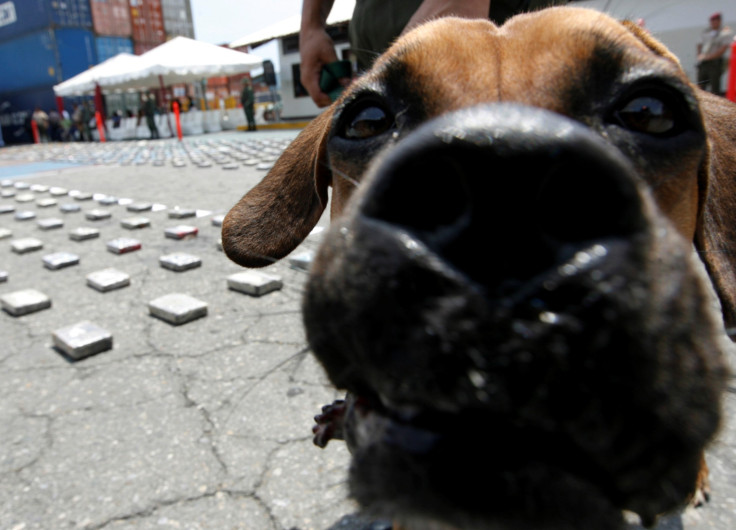COVID-19 Detection Dogs? Medical Study Says Dogs Can Sniff Out Illness
Testing for COVID-19 is an intrusive, time-consuming task. However, a new study published in the February edition of The Journal of the American Osteopathic Association indicates there might be a way to fix both of those problems.
The study by UC Santa Barbara professor emeritus Tommy Dickey and researcher Heather Junqueira of BioScent indicates that dogs, with their much more discerning sense of smell, could likely be used to screen and show COVID-19 carriers in a non-intrusive and timely manner.
Dogs trained to detect the SARS-Cov-2 virus that causes COVID-19 could specifically increase the efficiency and speed of testing at venues such as hospitals, senior care facilities, schools, airports and large public events such as sporting events and concerts.
"Widespread screening with rapid reporting of results is important for slowing and limiting the spread of infection," the study said.
"In a recent 'Science' article, (Robert Service) stated, '… a few public health experts say sending people back to work and school safely and identifying new outbreaks before they spread out of control could require testing much of the U.S. population of 330 million every day. Others suggest checking roughly 900,000 people per day would be enough.'"
Most COVID testing presently uses nasal swabs to collect samples for a reserve transcription-polymerase chain reaction test (RC-PCR ) to show the virus. Skin swabs from the neck or underarm can be substituted for nasal swabs in some cases.
Most testing methods are 50% to 90% correct, meaning up to half of the people carrying the virus receive a false negative result.
The study points out dogs "see" the world more through scent than vision and can sense a broad range of substances with extremely small concentrations – one part per quadrillion compared to the one part per billion scent sensitivity for humans.
The effectiveness of dogs in detecting conditions such as cancer, diabetes, malaria and Parkinson's disease among others has been documented. According to the study, there is evidence scent-detecting dogs can correctly identify positive or negative results with a 94% accuracy rate.
The economic benefits from having dogs do large-group testing are significant and the study strongly encouraged more aggressive research not only for detecting COVID but the development of new biosensors for the detection of other infectious diseases.

© Copyright IBTimes 2024. All rights reserved.





















